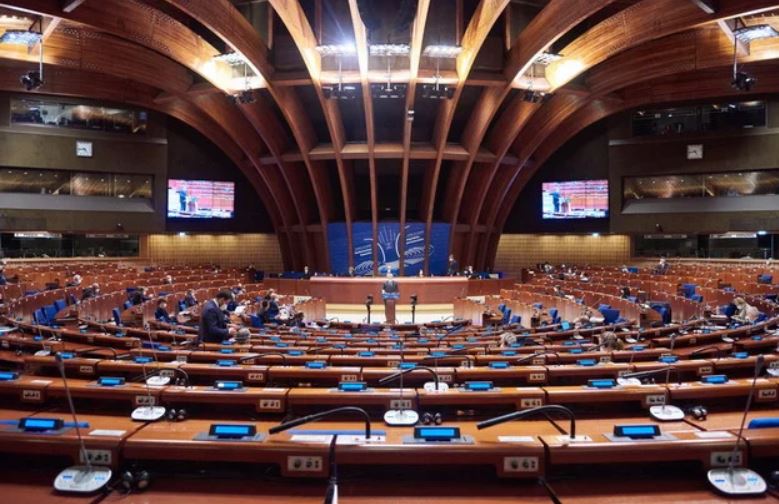“The Monitoring Committee welcomes the fact that Armenia made significant progress in its democratic development after the change of political leadership in Armenia in 2018, successfully overcoming the serious political crisis caused by the Nagorno-Karabakh conflict, which was overcome by the June 2021 parliamentary elections.” In connection with the Republic of Armenia, this was mentioned in the draft resolution entitled “Activities of Democratic Institutions in Armenia.”
This resolution will be put to a vote during the plenary session of the winter session of the Parliamentary Assembly of the Council of Europe (PACE) this evening after 19:00 Yerevan time. The report was prepared by MPs from Finland and Sweden Kimmo Kiliunen and Boriana Aberg. The draft resolution based on this report will acquire the status of a resolution after the PACE vote.
The draft PACE resolution states: “The snap parliamentary elections in June 2021 were democratically organized, despite the highly volatile atmosphere. The Assembly, however, regrets the political atmosphere in which the 2021 elections took place. The June elections were intensified, with more and more inflammatory rhetoric among the main rivals.” Referring to the electoral reforms, the PACE document states: “As for the elections and the electoral reforms, the Assembly expresses its satisfaction with Armenia for holding the last two national elections, which were held in December 2018 and in June 2021, which were free from the irregularities of many previous elections. Regarding the 2021 elections, we should be happy to note that the opposition accepted the results, using the legal means at its disposal to challenge them, and it did not boycott the activities of the new parliament.”
This resolution addresses the issue of the return of Armenian prisoners of war. The Assembly notes that the recent conflict has had a major impact on Armenia, as described in H.Res. 2391 (2021) on the Humanitarian Consequences of the Armenia-Azerbaijan Conflict. In particular, the Assembly expresses its bewilderment at the number of casualties on all sides and reaffirms its demand for the return of all Armenian prisoners of war in accordance with paragraph 8 of the tripartite declaration. It also reaffirms the importance of cultural and religious heritage and the urgent need to establish mechanisms for its protection and restoration.
Read also
The Assembly once again deplores the increase in speeches or actions that do not contribute to the easing of tensions between Armenia and Azerbaijan or the establishment of normal relations. In addition, the Assembly reiterates its call on the Armenian authorities to immediately provide the Azerbaijani authorities with all maps of minefields near the Armenian side. It once again calls for a just and lasting settlement of the Nagorno-Karabakh conflict within the framework of the OSCE Minsk Group.
“Finally, PACE calls for the implementation of the ombudsman’s recommendations on the humanitarian and human rights implications of the conflict.”
With this draft resolution, PACE calls on the Armenian authorities to complete the electoral reform, taking into account the recommendations of the Venice Commission and the OSCE/ODIHR. The PACE resolution calls on Armenia to comply with the recommendation of the Congress of Local and Regional Authorities of the Council of Europe, ensuring that all local elections are held on the same day, at least six months after the parliamentary elections. Referring to the issues of freedom of speech, in particular the decision of the RA government to criminalize insult, the PACE resolution stipulates:
“We are aware that the Armenian authorities and society are facing an unprecedented level of misinformation and hate speech, especially after the Nagorno-Karabakh conflict. In response to this situation, the Armenian authorities have increased the fines for insults or criminalized ‘severe insults.’
However, we would like to reiterate the clear position of the Assembly against the criminalization of defamation. Instead of these extreme sanctions, other tools are available that comply with European standards and norms. We urge the Armenian authorities to develop a comprehensive medium- and long-term strategy that addresses issues of media ownership transparency, possible media concentration, the status of journalists, and self-regulatory mechanisms, as these issues are linked to hate speech in the media.”
Tatev HARUTYUNYAN
























































